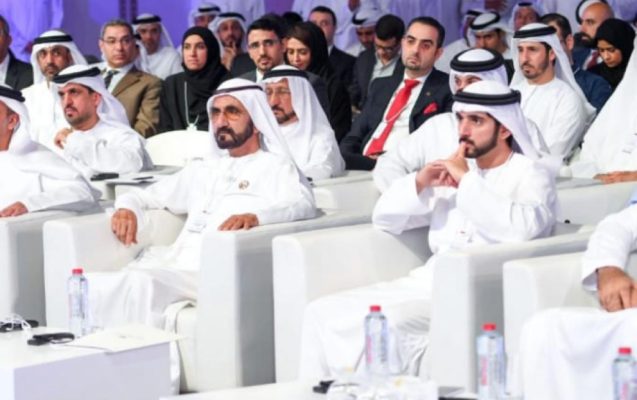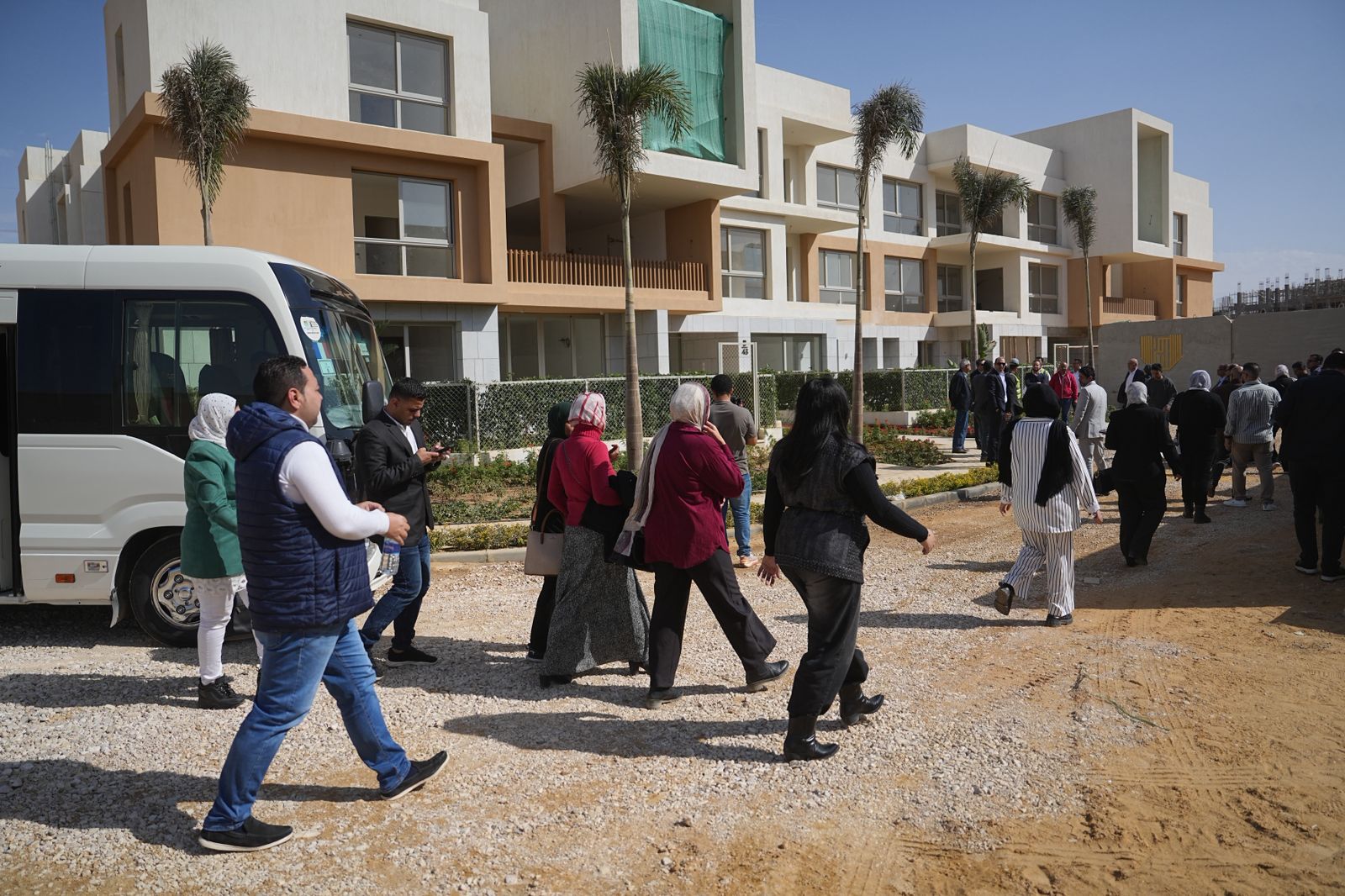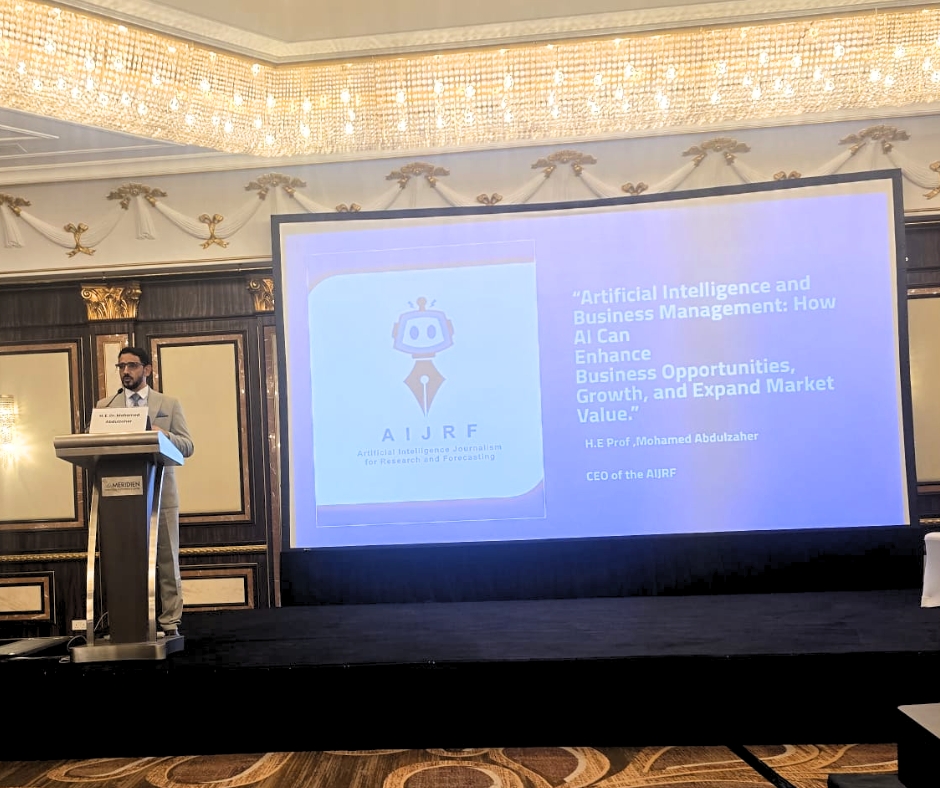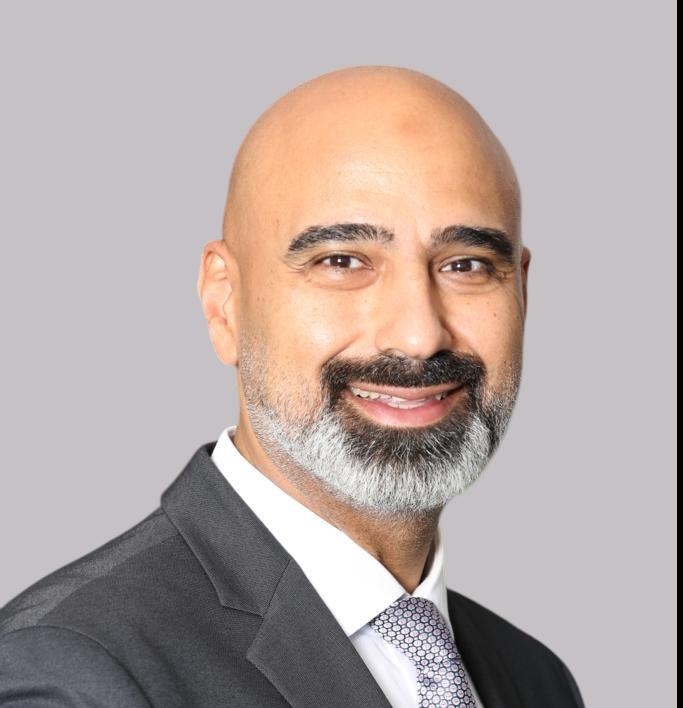By – Mohamed Nabil
Political and economic experts met in Dubai in Arab Strategy Forum to expect the world ‘s economic and political future for the next year, according to Khaleej Times.
The good news is that there will be no major blow ups, although the world economic growth is not aligned with the political situation, according to Ian Bremmer.
Opening the one-day summit, Bremmer, founder and president of global political risk research and consultancy Eurasia Group and author of several books on politics, said: “There is a negative political trend that we’ve never experienced before. But I don’t worry that it will explode in 2019. The (global) market will continue to be rational.”
“When the next downturn comes, however, we will have a problem. It will not be like the 2008 recession – where the response of all major economies was to work together. There were economic stimuli and bailouts that avoided depression,” he added.
“Whenever the next downturn comes, probably in 2020, the political reaction will not be like in 2008 and 2009. There will be blaming – US will blame China; Italy will blame Germany – there is no political resiliency,” Bremmer emphasised during his talk titled ‘Megatrends in 2019’.
In the pursuit for global economic supremacy, the world’s two leading superpowers will be at loggerheads and it will be in technology that the competition between US and China will be sharpest.
Bremmer noted that China is not just the world’s second-largest economy but is also rapidly advancing as a technology superpower, despite being accused of stealing intellectual property from the US.
Citing the roll out of 5G in 2020, as an example, Bremmer noted that both countries have different versions of the fifth generation of cellular mobile communications.
“The US will tell its allies not to use Chinese technology but China will tell the countries it is investing in, under its Belt and Road Initiative (BRI), that they should use cheaper Chinese version of 5G,” said Bremmer, adding that “this (rivalry) will fragment the global economy.”
He also noted that China is willing to spend more to boost its rising power, including its increasing military foothold in African and Asian countries.
‘UK is not heading towards economic chaos’
Over in UK, where talks of Brexit have been gripping the country, the crisis is not in the economic front but more on the political arena, according to Mervyn Allister King, Lord King of Lothbury, KG, GBE, DL, FBA; former governor of the Bank of England and member of the House of Lords.
“The UK is not heading towards economic chaos but political tragedy. Anything can happen – there will be a challenge for Prime Minister Theresa May before Christmas,” he noted.
King, who also expressed his thoughts in a recent opinion piece published by Bloomberg, said Britain is not facing an economic crisis but confronted with a deep political crisis the UK Parliament has brought upon itself.
He underlined that preparations for Brexit should have started in 2016, immediately after the referendum. Instead, the government pretended that everything could be postponed and it has proven disastrous, according to King.
King added, however, that UK will remain a European country and trade with other Euro nations will continue much as before.
He added that there will be radical change in terms of trade UK and the rest of Europe will experience slow economic growth.
Bernardino Leon, director general of Emirates Diplomatic Academy, described 2019 as an arena of contact sports for leading countries.
Judo between Russia and the rest of the world
“There will be a lot of judo between Russia and the rest of the world. President Putin, who is a judo expert, will take advantage of the weakness of his opponents,” he said at a panel discussion on the State of World Politics in 2019.
“Between US and China will be a sumo wrestling match – two heavyweights trying to throw out each other out of the global arena – but there will be no blood.”
“It will be kickboxing in US politics and we will see chameleonic fighting in Europeans countries, where politicians will change their political colors to remain relevant,” added the former Spanish diplomat and former UN Special Representative and Head of UN Support Mission in Libya.
For his part, Fawaz A. Gerges, a professor of International Relations at the London School of Economics, warned that the far right politics with its anti-immigration campaign in Europe will continue to gain momentum ahead of next year’s parliamentary elections in France, UK and Italy.
It can be noted that recently, Marine Le Pen, leader of France’s far right National Rally, portrayed the riots and protest in France as the “rise of nationalist populist movements across Europe and around the world and called the dissent as “a revolt against savage globalisation, against the global caste that enslaves people, against looting by great financial powers.”
Gerges noted that the administration of French President Emmanuel Macron will collapse with the rise of the far right movement.
He noted that the far right “has not reached its peak and momentum is on their side because the economic crisis and the plight of the lower and middle classes has not yet improved.”
“So far, the far right has coopted this dissatisfaction and I’m worried that a new form of fascism will rise,” Gerges warned.
On another note, Gerges, who is also the author of ‘ISIS: A History’ and ‘Making the Arab World: Nasser, Qutb and the Clash That Shaped the Middle East,” has criticized US President Trump for “his lack of any real strategy in Syria.”
He explained that the US government’s decision to pull out $200m in aid for Syria’s ongoing humanitarian crisis, has forfeited the opportunity to help shape Syria’s future.











